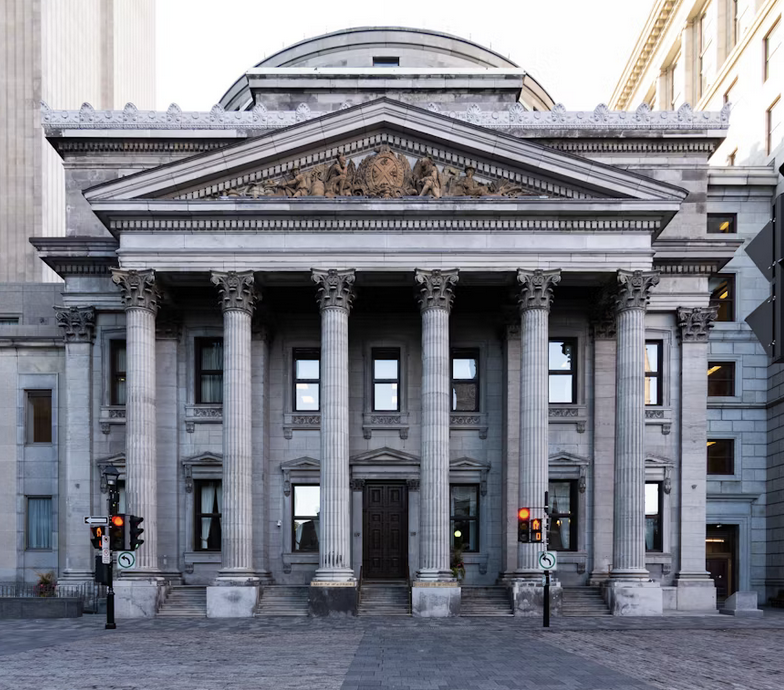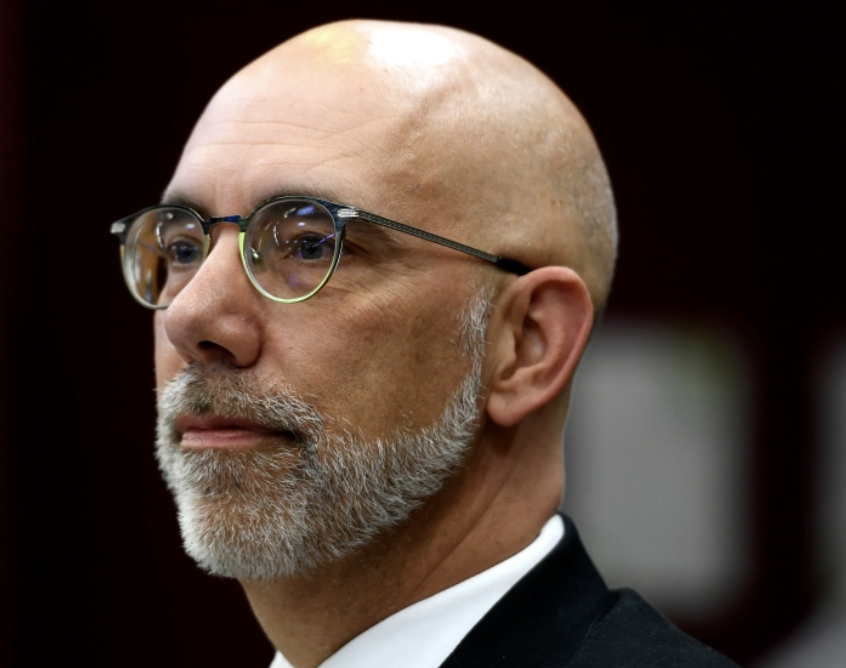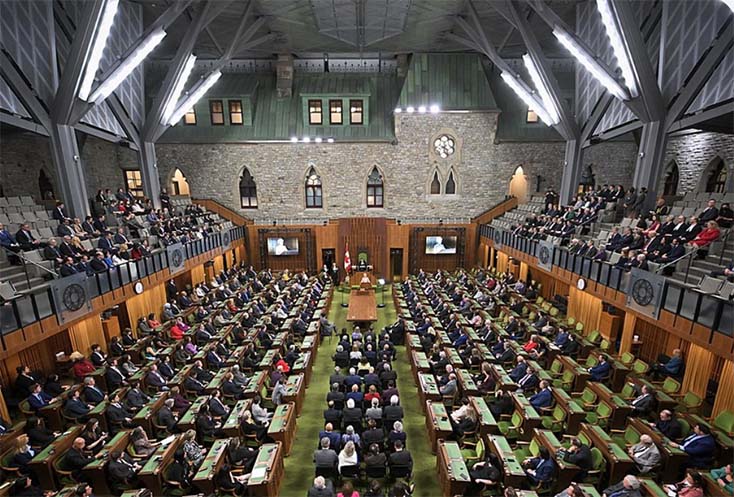As a Canadian myself, I’ve heard all the jives and jabs that the Canadian public service receives from its private sector counterparts. But now more than ever, with the steady decline of Canadian bureaucracy and it’s capability to provide for the public, it seems there’s an increasing air of truth to the flak than before.

Under the current government, there’s been a plethora of activity in the Public sector, and sometimes it’s not for the better. Whether it’s from the unprecedented 40% increase of public service members since 2016, the rise of internal contracting corruption as seen with the ArriveCan application, and even the big spending on consultants in spite of a bloated workforce, there’s an increasing public sentiment that there’s deterioration in Canada’s public service.
In this article we explore the reasons why Canadians are upset with their bureaucracy’s level of service. We’ve scoured articles, studies, and even taken from our own experience at home. Here’s what we’ve found.
Decline of Canadian Bureaucracy: The Feds have Managers Managing Managers
You might have heard about Yves Giroux, Canada’s Parliamentary Budget Officer, and his eye-opening revelations about the Canadian Public Service and the economy in gerneral. According to Giroux, an astounding seven layers of management are spread across each federal department. Yes, you read that right – seven!
That’s seven hoops to jump through, seven desks where your file might get stuck, and seven stages of approval for practically anything, including, unfortunately, your passport.

But why does this happen? Why seven layers? Well, it seems like the federal government has a penchant for having managers manage managers. It’s a classic case of too many cooks in the kitchen. Each layer, in theory, ensures oversight and quality control. However, in practice, it often leads to inefficiencies and a slowed-down process.
For us, the average Joes and Janes, this means longer waiting times and mounting frustration. Planning a trip or moving abroad becomes a game of chance, hinging on the efficiency of a convoluted system. We find ourselves caught in a web of bureaucratic inefficiency, where the simple act of renewing or applying for a passport can turn into an arduous task.
So, what’s the solution? Streamlining the process and reducing layers could be a start. Bringing in more digital solutions might help speed things up too. But one thing is clear: it’s high time for a change. A more efficient system not only benefits us, the passport-holding public, but also reflects well on the government’s ability to manage its affairs.
The Growing Gap: Political Views in the Public Service
In recent times, there’s been an undercurrent of discussion about the political leanings within the Canadian public service. It seems that the once wide-reaching spectrum of political views among public servants has started to narrow, aligning more consistently with the policies and ideologies of the current government. This shift, subtle as it may be, is sparking concerns about the impartiality and neutrality that are supposed to be the bedrock of the civil service.
The expansion of the public service under Justin Trudeau’s government, as highlighted by Gabriel Giguère of the MEI, is more than just about numbers; it also brings into question the political underpinnings of these changes. With a 37.9% increase in the headcount of federal public servants and a shift in their role and responsibilities, there’s a growing perception that the public service is becoming more an extension of the ruling party’s agenda, rather than a neutral entity.

Now, let’s be clear: not every public servant is a card-carrying member of any political party. However, the perception that public servants predominantly lean towards the governing party’s views can create a sense of disconnect with the general populace. Especially when the ruling party is cutting their checks and writing their pension packages.
Canadians with differing political views might start feeling like their interests aren’t adequately represented within the bureaucracy, leading to a trust deficit.
This divide can stir up some real animosity. On one side, you have the public sector, growing in size and perceived to be closely aligned with the current political leadership. On the other, there’s the average Canadian, who might be feeling increasingly distant from these government workers. It’s like two parallel streams that never meet, each viewing the other with a mix of suspicion and misunderstanding.
So, what’s the solution? Transparency and accountability are key. There needs to be a conscious effort to maintain the diversity of thought within the public service. It’s crucial for civil servants to be seen as impartial and committed to serving the public, regardless of who’s in power. After all, a public service that truly reflects and respects the diversity of its populace to reverse the decline of Canadian bureaucracy.
The Public Sector is Currently Eating the Private Sector:

First things first, landing a job with the Canadian Government these days is like striking gold. If you’ve got the chance, I say grab it. But here’s the catch: it’s almost too tempting a prospect. Why, you ask? Well, imagine all the skilled innovators and bright minds getting absorbed into government roles. Sure, it’s fantastic for running a country smoothly, but what about the economy’s broader canvas?
Here’s why the Public Sector in Canada is hurting the economic prospects of Canada:
Benefit Bonanza
We’re talking about rock-solid benefits and wages that are now outshining similar positions in the private sector. Think about it – if you had to choose between a government job with amazing perks and a private-sector role that’s a bit more… let’s say, uncertain, which would you pick? The government job, right? And that’s exactly what’s happening.
Uncertainty in the World:
In today’s world, where uncertainty seems to be the only certain thing, a government job feels like a safe harbor in a storm. People are naturally gravitating towards the stability and security that these roles offer. It’s a logical move, but one that has some unforeseen consequences.
The Talent Tug-of-War
Here’s where it gets tricky. This pull towards public sector jobs creates a sort of vacuum in the private sector. The competition between public and private employment is more like a high-stakes tug-of-war for talent. And guess who’s winning? Yup, the public sector. But this victory comes at a cost. The private industry, which is essential for economic output and innovation in this country, is feeling the pinch as it’s workers get stolen away. The struggle to attract the same level of talent is now dampening Canada’s potential for economic contributions.
The Economic Ripple Effect
So, what does this mean for Canada’s economy? Well, it’s a bit of a double-edged sword. On one hand, a robust public sector is crucial for a well-functioning country. But on the other, an overly dominant public sector can lead to a stagnant private sector. And a lackluster private sector means less innovation, fewer startups, and ultimately, a slower economic growth.
Canada’s Bureaucracy: A Case of Conflicting Interests
The story of David Yeo, a man who juggled roles as a public servant and a private contractor, shines a glaring light on the decline of Canadian bureaucracy. When individuals like Yeo engage in the public service while maintaining personal business ventures, especially ones that contract with the government, it raises massive red flags. Canadians are left wondering: Whose interests are being served?
Breeding Ground for Mistrust
This scenario naturally brews distrust among Canadians. When public servants have one foot in the government and the other in private enterprises, it blurs the lines of transparency and accountability. How can citizens trust a system where personal profit might influence public decisions? It’s like watching a referee play for one of the teams – the game just doesn’t feel fair.
Of course this is further exemplified by the ArriveCan app fiasco, where we have a public service so large it’s almost a behemoth, yet when it came to developing a simple travel app, it leaned heavily on external help, roping in companies like Dalian and Coradix who received millions for minimal work.
The irony is palpable. Despite the vast resources and a ballooning number of public servants, the government still outsourced crucial components of ArriveCan. This outsourcing didn’t just come with a hefty price tag; it led to a scandal involving questionable contract awards and alleged fraudulent billing.
The Question of Competency
This begs the question – if our public service is so vast and well-funded, why the dependency on external contractors for tasks that seem well within its purview? It paints a picture of an oversized machine that’s not as efficient as its size would suggest. For Canadians, it’s both confusing and frustrating. They see a public service that’s massive and yet, seemingly incapable of handling tasks without outside help, casting doubts on its efficiency and capability.
The Bottom Line
The issues of double dipping and the public service’s reliance on external contractors intertwine to form a narrative that isn’t very flattering of Canada’s massive bureaucracy. It shows us that our public service can get mired in conflicts of interest and inefficiencies. For a country that prides itself on transparency and effective governance, these are uncomfortable truths we must admit to.
While no country is without it’s red tape, the efficiencies in each state will vary. That’s why if you’re looking to settle in a country where you can get through bureaucracy faster, you can find one that suits your needs through our Leaving Canada Quiz below:
Looking to leave Canada?
Take the country quiz to see where you belong!

Leave a Reply